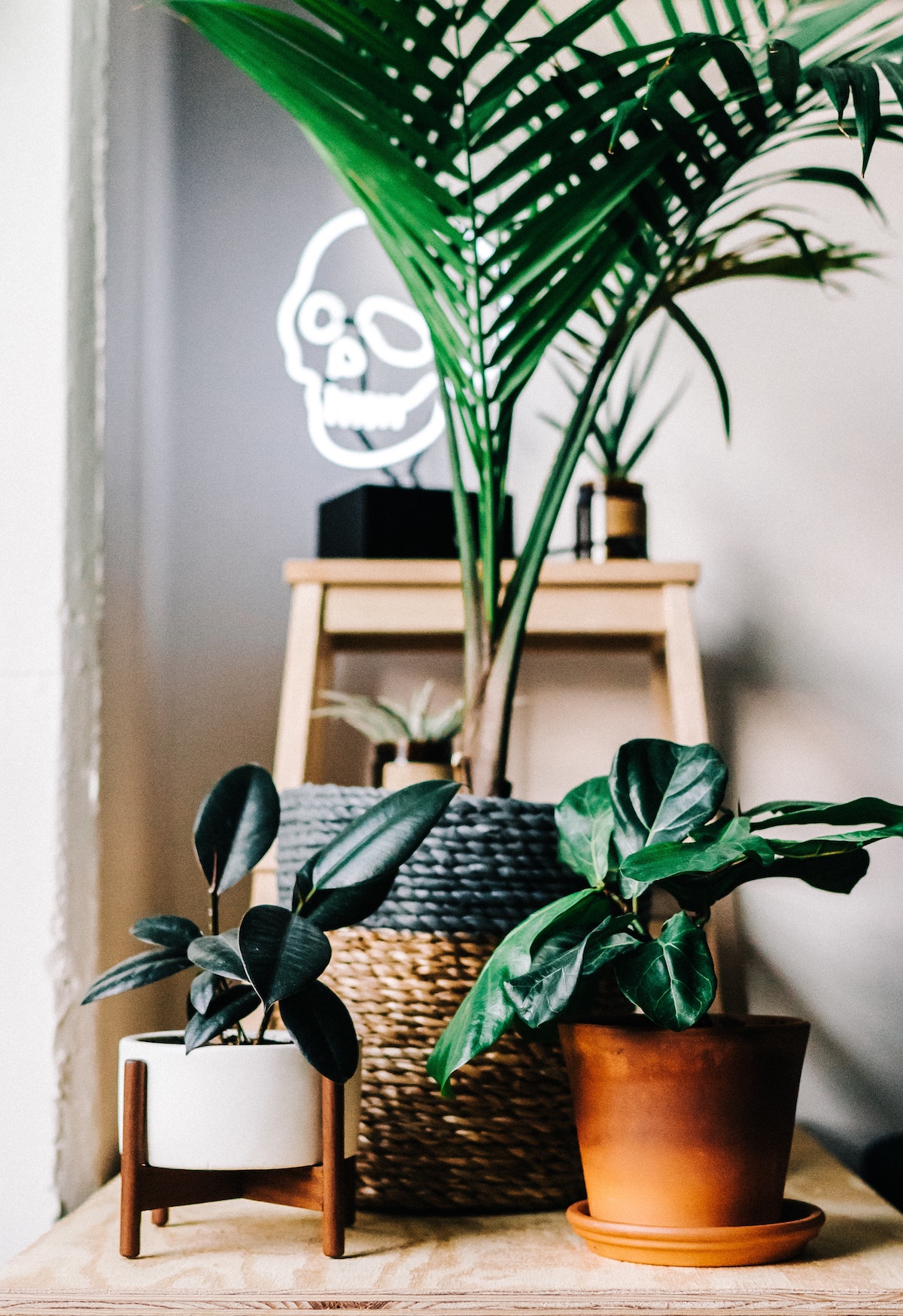For the Love of Greenery: 3 Health Benefits from Owning Plants
Photo by Liana Mikah on Unsplash
As I write I am surrounded by green. The sprawling leaves of a peace lily tickle my elbow, a corn plant grazes my computer screen, and across the room an aloe spills from its pot, thick fronds curling towards me as if to wave hello.
I have always been surrounded by plants. My mother adopted and tended to them like other do with pets. Spider plants crawled across the living room walls, palms stretched out in every corner, and aloe and jade sprouted on stair landings and window sills.
When I moved into my own place, beginning a personal plant collection seemed a natural step. Obtaining greenery felt the only way to—for lack of a better phrase—put down roots. Plants made my temporary houses feel like true homes.
Greenery is more than an easy way to make one’s space feel their own. It turns out, indoor plants provide a myriad of physical and mental health benefits:
Plants may help you recover from illnesses faster
According to “Health Benefits of Gardens in Hospitals,” by Ph.D Rogers Ulrich, viewing nature for long periods of time can calm patients and improve their “clinical outcomes—such as reducing pain medication intake and shortening hospital stays.” In addition, simply viewing certain gardens can relieve stress in five minutes or less. What a simple way to decompress—look at something natural and green.
Indoor foliage can lower fatigue
According to the article "Benefits of indoor plants on attention capacity in an office setting,” published in the Journal of Environmental Psychology in 2011, the introduction of plants in an office environment improves attention capacity. Granted, this study was comprised of a small test group—34 students—so you may take the discovery with a grain of salt. However, many other studies and specialists attest to the performance benefits of greenery (such as here and here).
Plants are natural air purifiers
B.C. “Bill” Wolverton once said, “If man is to move into closed environments, on Earth or in space, he must take along nature’s life support system.” The "life support system” he referred to are plants.
NASA funded much of Bill Wolverton’s research. Through his work with the agency, Wolverton discovered many ways to improve indoor air quality and ended up creating a “consumer-friendly” book to document some of his findings: “How to Grow Fresh Air: 50 Houseplants That Purify Your Home or Office.” In the book, he explains that plants suck contaminated air down and around their roots where it converted in to plant food, thus cleansing our oxygen of many toxins.
By now, most people know this fact (largely due to Wolverton’s book). But it doesn’t hurt to repeat such an important and useful scientific discovery!
Now, if those aren’t good reasons to introduce greenery to your indoor spaces, I don’t know what is.
What about you? Do you have house plants for any particular reason?
-grace



